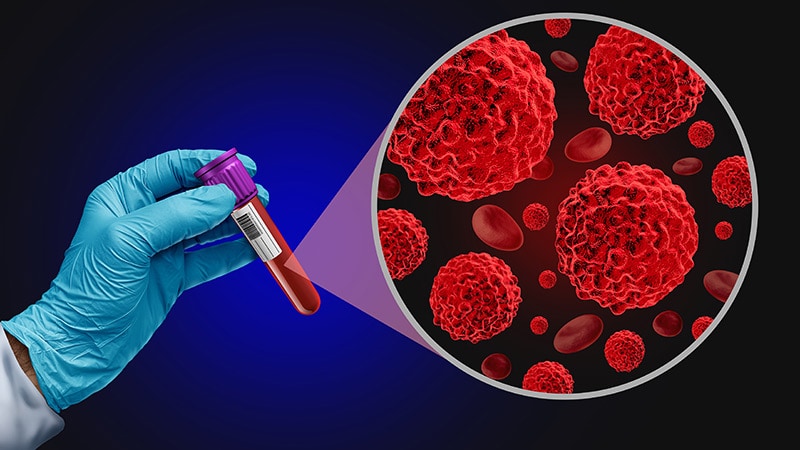FDA Approves New Blood-Based Colorectal Cancer Screening Test: Potential Benefits and Limitations
The FDA has recently approved a new blood-based test, called Shield (Guardant Health), for colorectal cancer (CRC) screening. This test detects circulating tumor DNA in the blood and is intended to provide a convenient, non-invasive option for CRC screening, especially for the 30% of Americans who are not up to date with their screening.
The approval was based on the ECLIPSE study, which found that the test had 83% sensitivity for CRC and 90% specificity for advanced neoplasia, but only 13% sensitivity for advanced precancerous lesions. This means the test is not as effective at detecting precancerous polyps that could be removed to prevent cancer development.
Experts have mixed views on the new test. Some see it as a valuable addition to the screening options, as it may encourage more people to get screened. However, others are concerned that it could lead to patients replacing colonoscopy, which is considered the gold standard for CRC screening as it can both detect and prevent cancer. There are also concerns about patients not following up with a colonoscopy after a positive blood test result.
The cost and insurance coverage of the new test are also important considerations. While it provides a convenient option, the high cost (around $900 per test) may limit access, especially for lower-income individuals, unless insurers provide coverage. Experts suggest that the test may find a role in surveillance for CRC survivors or patients undergoing therapy, where it could potentially detect early relapse or recurrence.
Overall, the new blood-based CRC screening test represents a scientific advancement, but its limitations in detecting precancerous lesions mean that it should be considered a complementary option, rather than a replacement for colonoscopy, which remains the most effective screening method for CRC prevention.
自定义摘要
使用 AI 改写
生成参考文献
翻译原文
翻译成其他语言
生成思维导图
从原文生成
访问来源
www.medscape.com
A CRC Blood Test Is Here. What Does It Mean for Screening?
从中提取的关键见解
by Carolyn Cris... 在 www.medscape.com 09-20-2024
https://www.medscape.com/viewarticle/crc-blood-test-here-what-does-it-mean-screening-2024a1000h4m
更深入的查询
